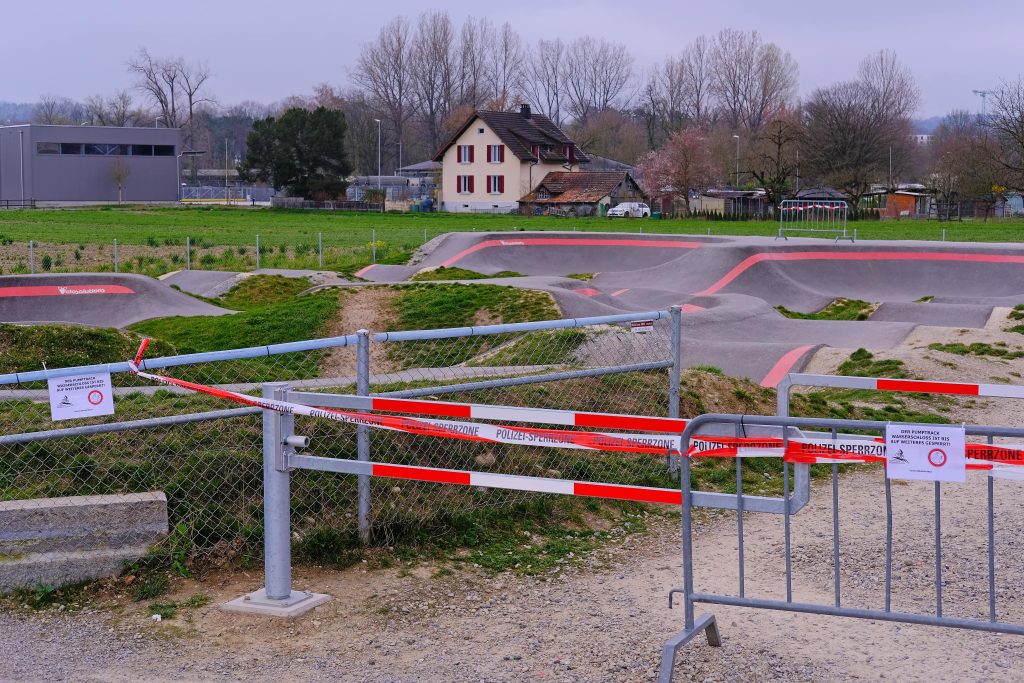Easement and Right-of-Way Disputes in Washington

Property ownership in Washington doesn’t always mean complete control of the land. Many properties are subject to easements—legal rights that allow another person or entity to use part of the property for a specific purpose. While easements are common, they can also be a frequent source of disputes between neighbors, landowners, and utility companies. Understanding how easements and rights-of-way work, and how conflicts are resolved, is key to protecting your property rights.
What Is an Easement?
An easement is a legal right to use someone else’s land for a limited purpose without owning it. Common examples include driveways, private roads, and utility lines. Easements can be created by written agreement, long-term use (prescriptive easement), or necessity—such as when a landlocked property requires access.
Common Types of Easement Disputes
Easement disputes often arise when property owners disagree about the scope, use, or maintenance of the easement. Common issues include:
- Shared driveways: Disputes over parking, upkeep, or whether one neighbor is overusing the shared access.
- Utility easements: Conflicts when utility companies access property for repairs or expansions, or when homeowners build on restricted areas.
- Encroachments: Fences, landscaping, or structures that interfere with the easement.
- Blocked access: One party prevents the other from using the easement, such as locking a gate across a right-of-way.
Resolving Easement Disputes in Washington
Washington courts look at the original grant of the easement (if written) and the intent behind its creation. If terms are unclear, courts consider the history of use and what is reasonably necessary for the easement holder. Remedies may include:
- Enforcing or limiting the use of the easement.
- Ordering removal of obstructions or encroachments.
- Clarifying maintenance responsibilities.
- In some cases, awarding damages for interference.
Preventing and Addressing Conflicts
Clear communication and written agreements are the best way to prevent disputes. Property owners should review title documents and plats carefully before purchase to understand existing easements. When disputes arise, negotiation or mediation can sometimes resolve issues without litigation. However, when property rights are at stake, court involvement may be necessary to protect access or prevent overreach.
Easements and rights-of-way are a routine part of property ownership in Washington, but they can quickly become contentious when boundaries are crossed. If you are facing a dispute involving a shared driveway, utility easement, or neighbor encroachment, the Law Office of Erin Bradley McAleer can help you understand your rights and pursue an effective resolution.